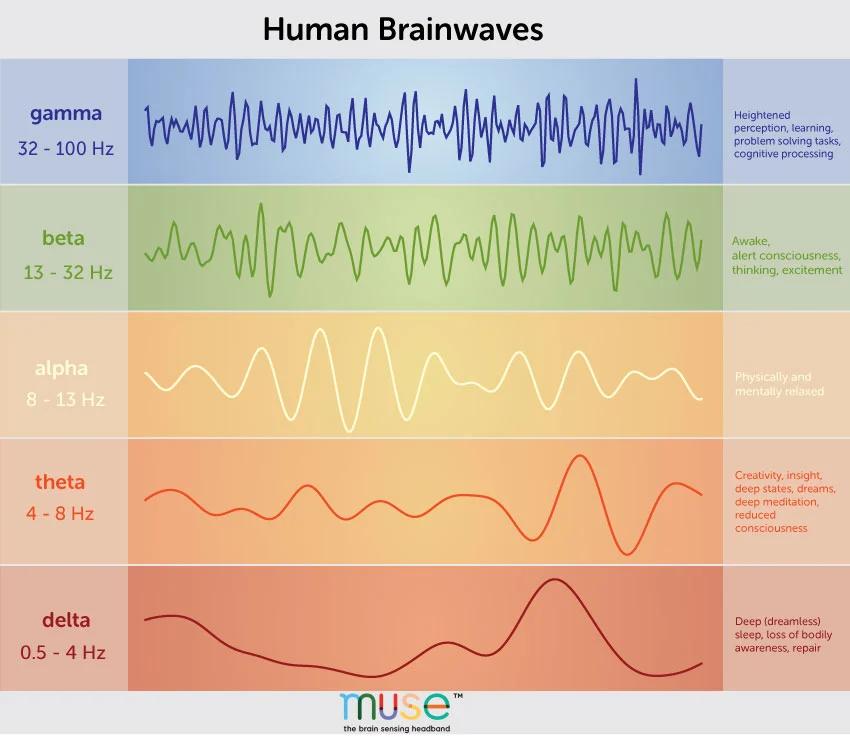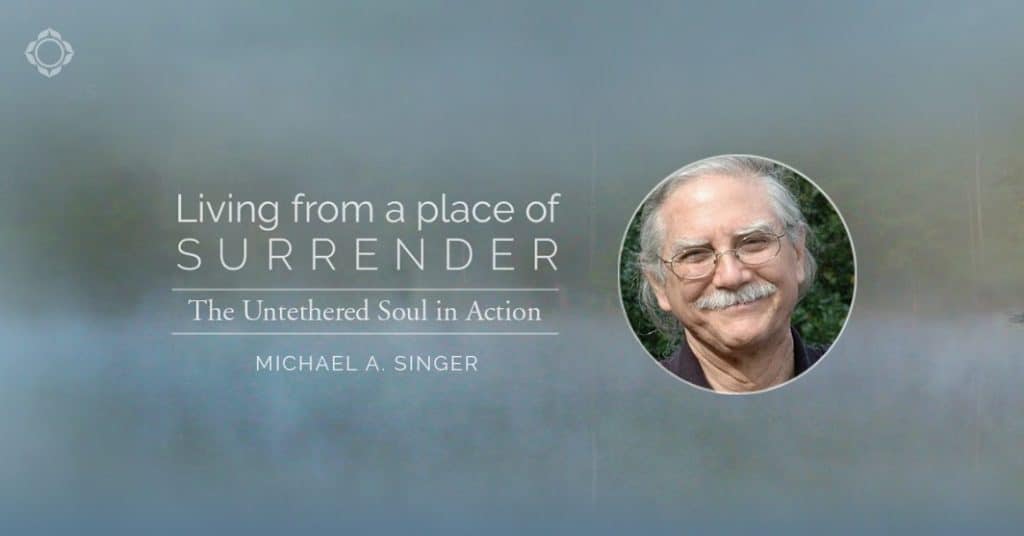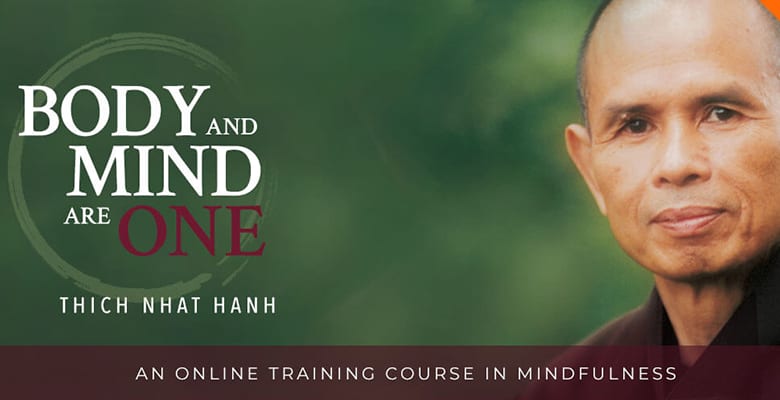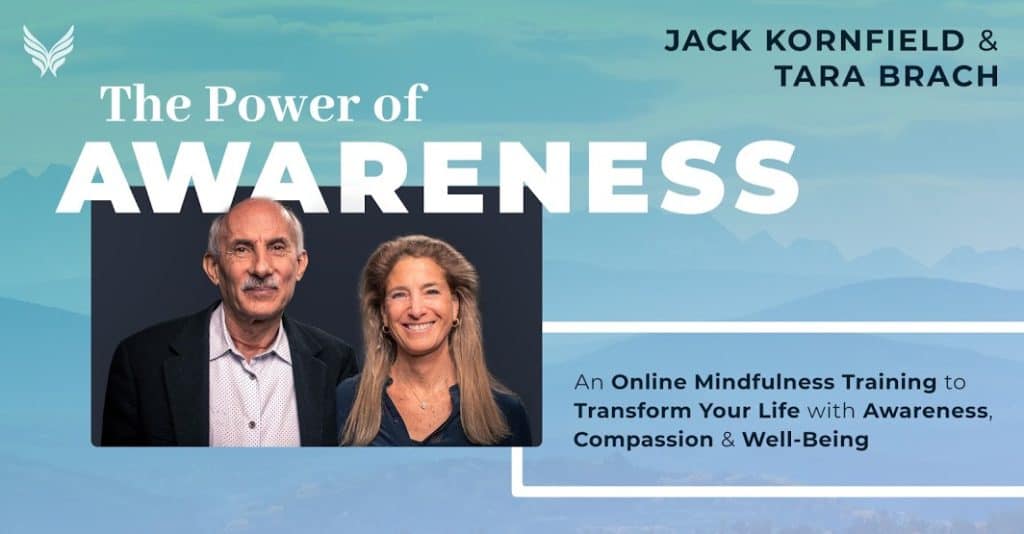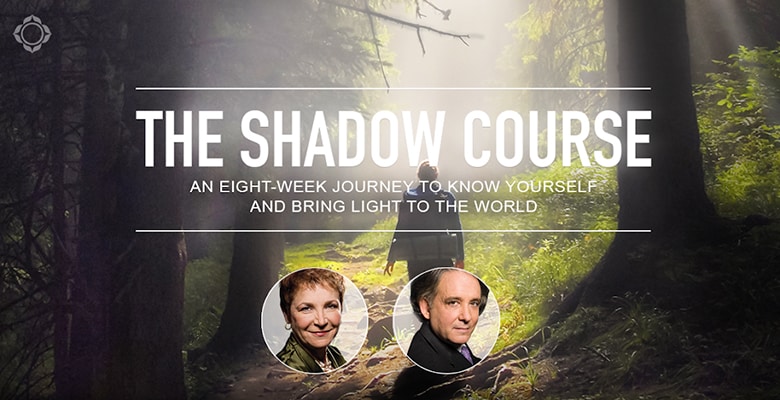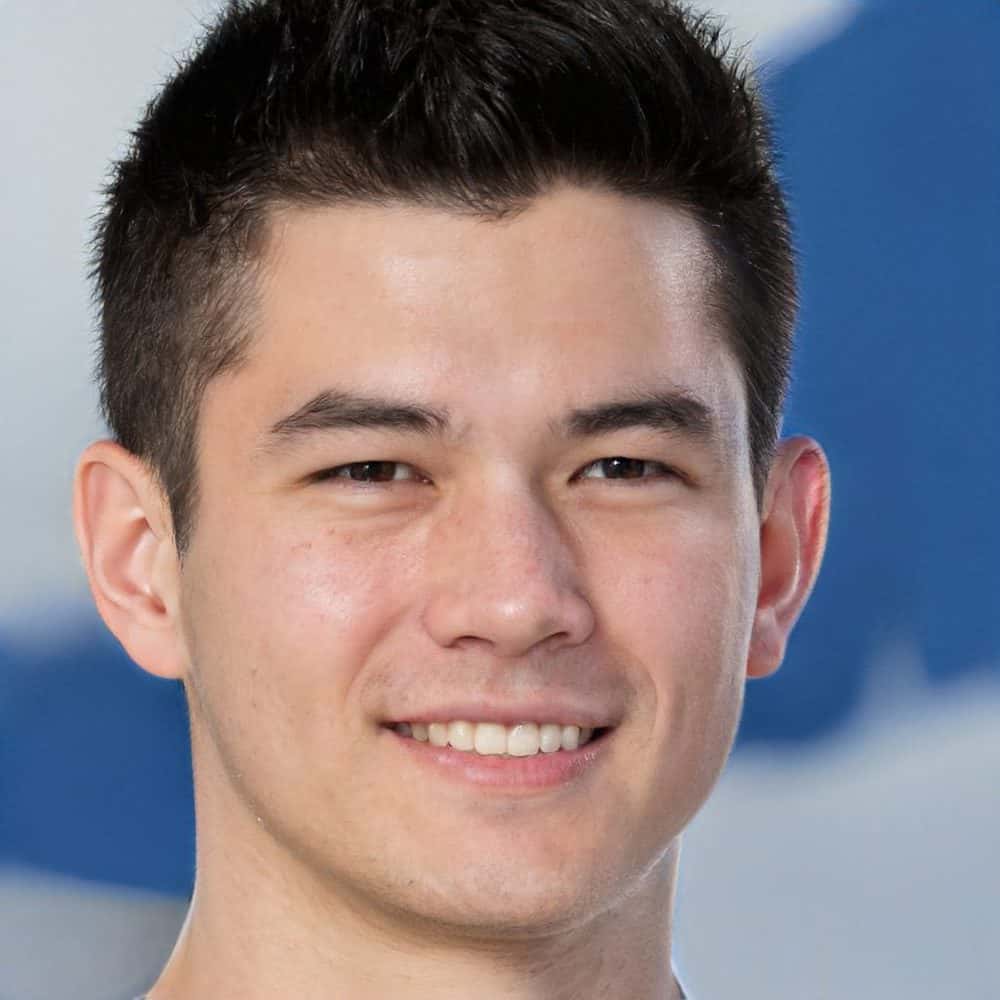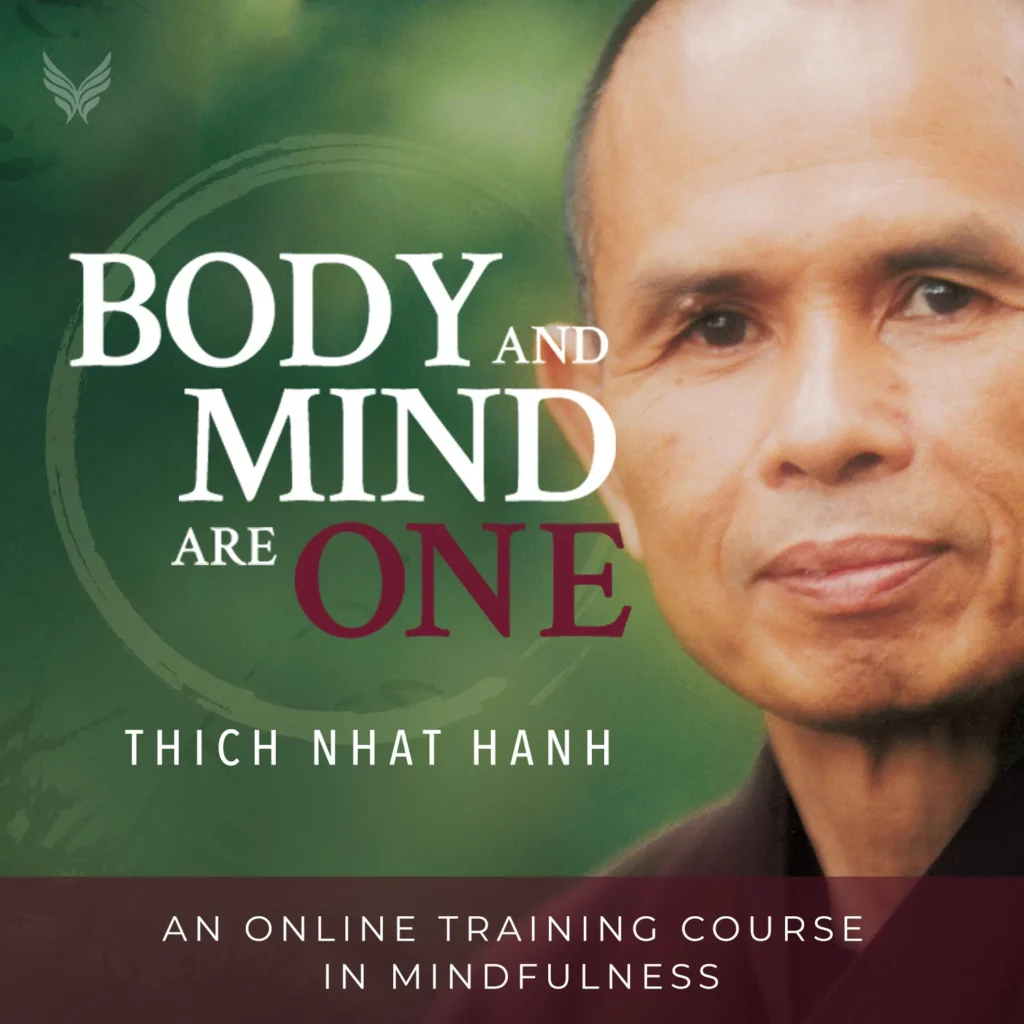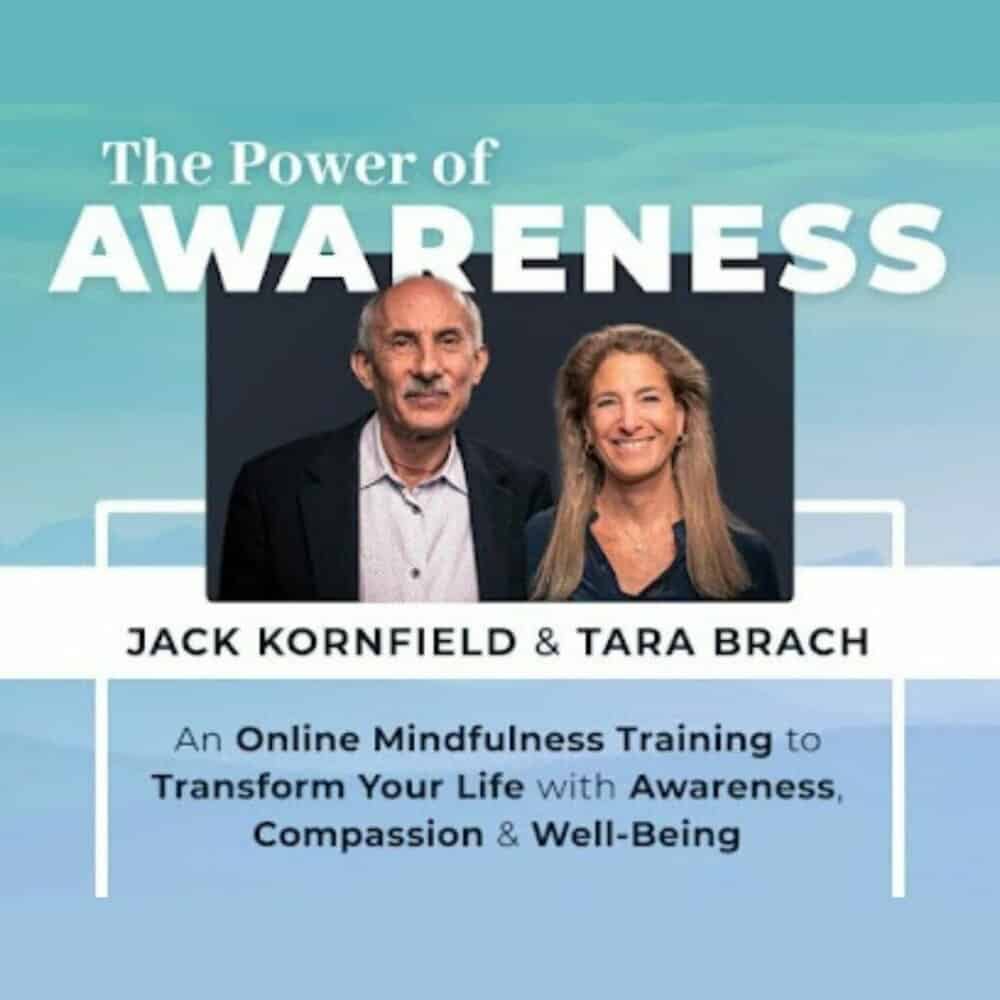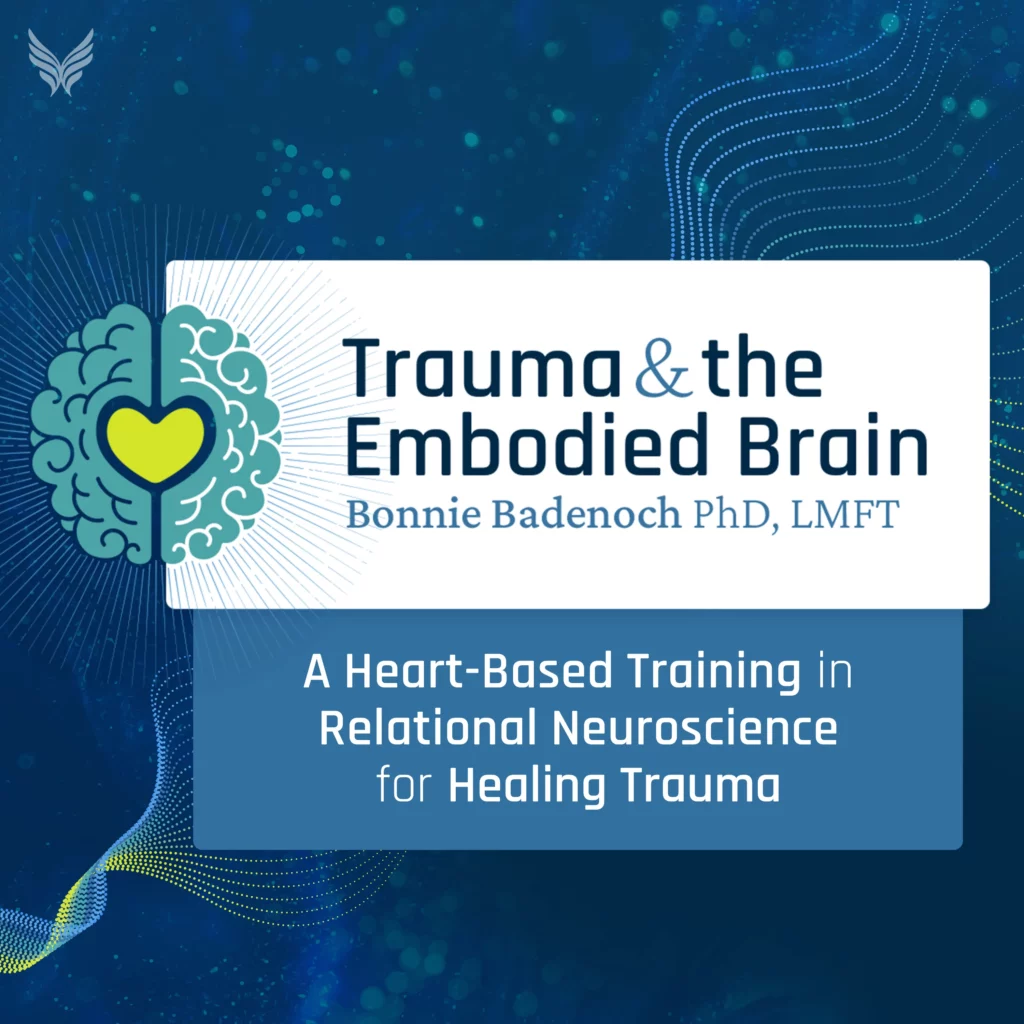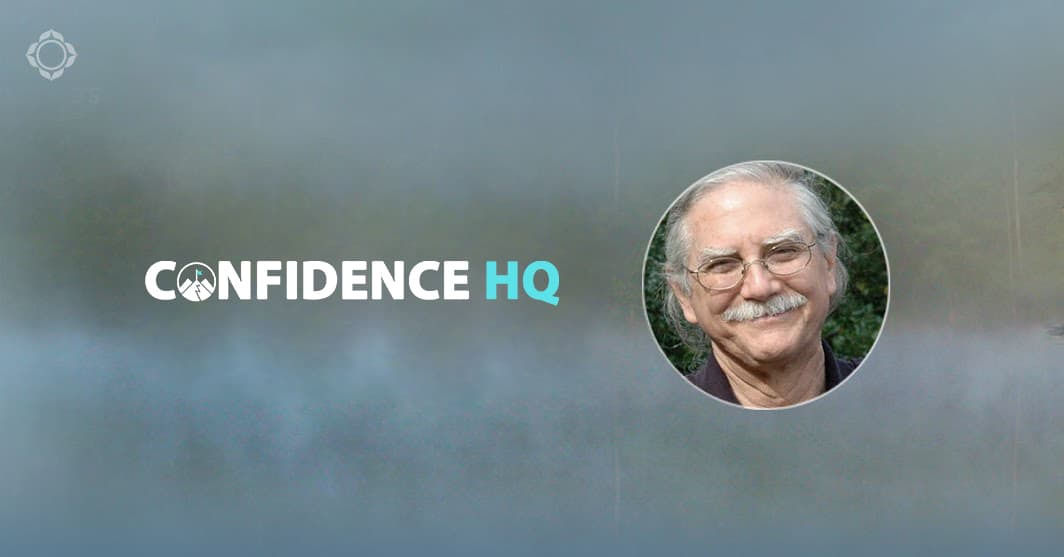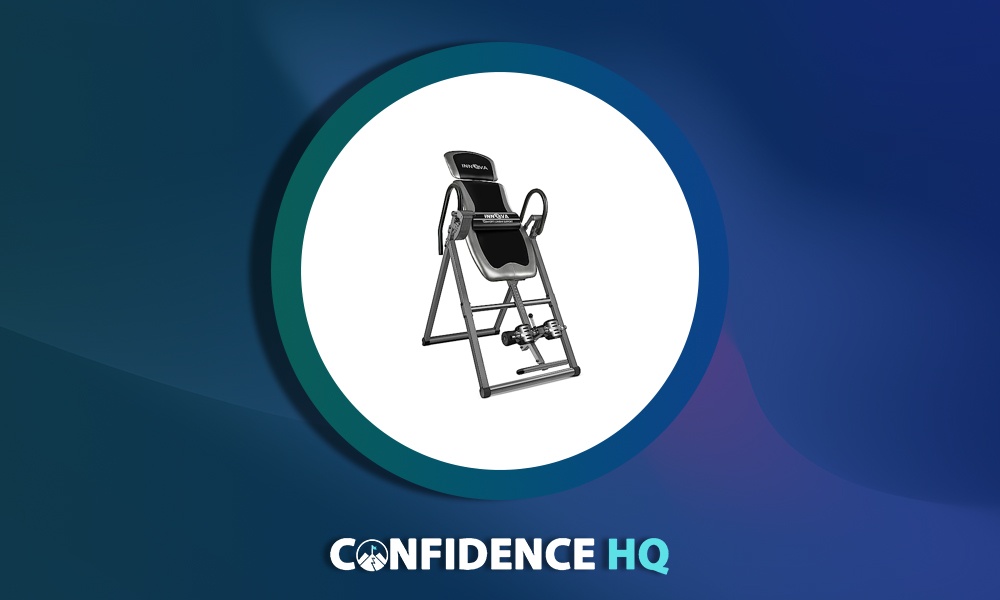Meditation and dreaming both allow people to explore their inner thoughts and feelings.
Both states of consciousness can be used to relieve stress, promote creativity, and improve mental and physical health.
However, there are some key differences between meditation and dreaming.
In this article, we’ll take an in dept-look, so let’s jump in!
Table of Contents
Why does meditation feel like a dream state?

Meditation shouldn’t actually feel like a ‘dream state’.
Two of the most crucial components of any style of meditation are alertness and attention.
That being said, many ‘visions’ can arise while you’re in deep meditation, but there shouldn’t be any of the ‘fog’ that typically follows awakening from a dream.
Your awareness of these ‘visions’ should be crystal clear as they happen.
In other words, you should always be completely attentive, whether it’s breath awareness, vipassana, or even a mantra.
Any attentional lapses just result in a dreamlike sleep condition, which may be what’s happening when you feel your meditation is similar to a dream state.
Start attempting to track your breath both in and out while maintaining a focus just on that breath. Give yourself more time to do this.
Are dreams a form of meditation?
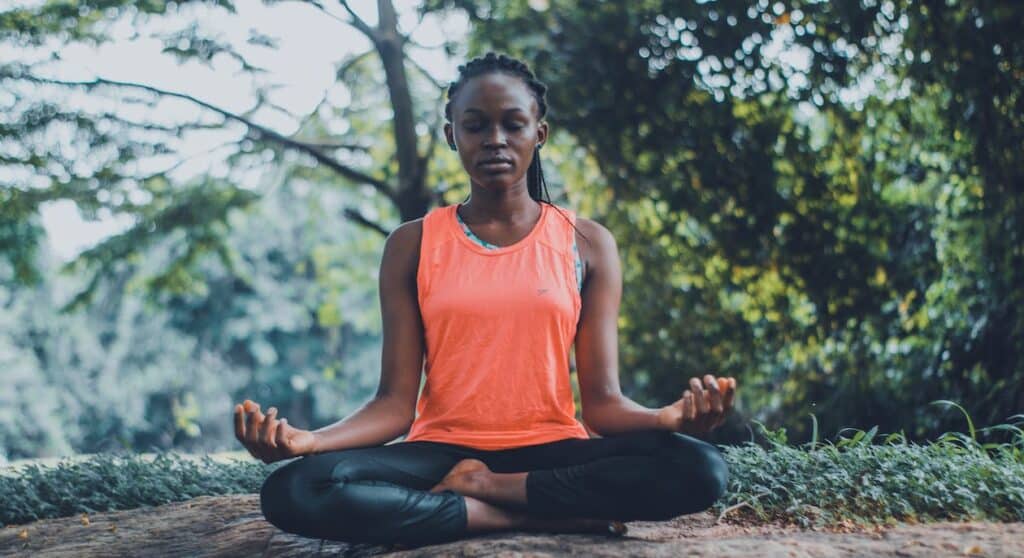
Most meditators come to understand that sleep and meditation are quite different states after a few regular practices.
When one wakes up from sleep, they feel a bit dull. But after rising from the extremely relaxed “no mind” condition, one has clarity, tranquility, and feelings of joy.
Additionally, there are significant differences in how people breathe during deep sleep and meditation. In contrast to sleep, where breathing slows down a little, deeper stages of meditation are accompanied by very weak breaths or even breathlessness.
You shouldn’t try to determine if you were asleep or seriously meditating at certain points throughout your sessions.
Doing so can only interfere with the meditation practice. The ideal attitude is demonstrated by the phrase “whatever occurs is fine.”
As we briefly discussed in the previous chapter, the main difference between meditation and sleep is that while meditating, one is attentive whereas during sleep, one is not. However, compared to the waking state, attentiveness during meditation is of a different nature.
In general there are 4 modes of consciousness:
- Mind
- Intellect
- Memory
- Ego
We have to take into account how these four modes operate in the waking, dreaming, and sleeping states as well as in the fourth state of consciousness, which is experienced in meditation and is traditionally known as the turiya state, in order to comprehend that distinction and how meditation and sleep differ.
The mind, intellect, memory, and ego are all somewhat active when we are awake. Only memory is engaged during the dream state. All four vanish during a night of profound sleep, leaving the consciousness in a state of rest.
The mind, which processes information from the senses, fully withdraws during meditation. The ego likewise stops functioning, although the intellect and memory continue to work invisibly.
Sleep and meditation are essentially similar, with the exception of turiya, which is a spontaneous realization of our true nature during meditation.
Meditation vs sleep brain waves
The brain is constantly electrically active, whether we are thinking, relaxing, or sleeping.
A study by The Norwegian University of Science and Technology showed that during meditation, theta waves were most abundant in the frontal and middle parts of the brain.
These waves most likely result from a relaxed focus that keeps an eye on our internal sensations. Herein lies a crucial distinction between untrained relaxation and meditation.
Delta waves are characteristic of sleep. There isn’t much delta when relaxing and meditating, which shows that nondirective meditation is different from sleep.
When the brain is engaged in goal-oriented activities like actively pondering on a specific topic or scheduling a date, beta waves appear in the brain.
In summary, nondirective meditation causes more noticeable changes in electrical brain wave activity (which is linked to awake, relaxed attention) than just resting without any specific mental technique.
Lucid dreaming while meditating

The capacity to become actively self-aware while dreaming, realizing that you are dreaming, is known as lucid dreaming.
You may influence and control what occurs in your dream after you have attained this level of consciousness. For many people, this occurs on its own, although lucid dreams may also be intentionally induced.
According to some intriguing research, lucid dreaming, meditation, and cognition are all related. People who meditate tend to lucid dream more frequently and remember their dreams more vividly.
According to the research, lucid dreams can be compared to a form of sleeping meditation.
Therefore, research reveal that those who frequently practice meditation are more likely to have lucid dreams and have an independent mental learning style.
During meditation, it’s also possible to have lucid dreams while awake. There are several guided meditations available that can assist meditators in entering a lucid dream state.
The first stage is to enter a profound level of relaxation and serenity when all daily worries and thoughts are far from your mind.
Once you’ve reached this condition, the next stage is to imagine a vivid environment and to immerse yourself fully there using all of your senses.
Conclusion
So as we explored, there are definitely some big differences between meditation and dreaming.
There are differences in brain waves (delta vs. theta), breathing, and overall alertness.
If you have any questions feel free to let me know in the comments below!

